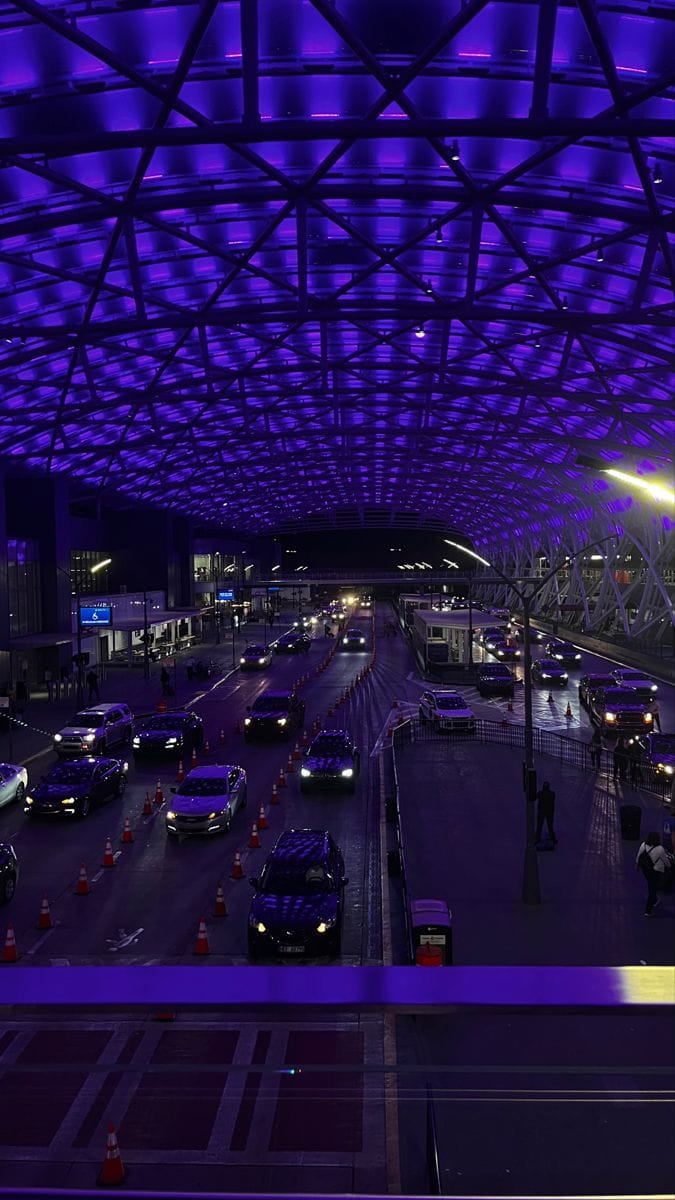Atlanta’s Hartsfield-Jackson International Airport (ATL) has long been recognized as one of the busiest airports in the world, handling millions of passengers each year. Despite its impressive scale, there’s been ongoing debate about whether the city could benefit from a second airport. With ATL reaching near-capacity levels, particularly during peak travel times, could a second airport help alleviate congestion, boost the local economy, and enhance the overall travel experience for passengers? The question remains: does Atlanta truly need another airport?
On one hand, Atlanta’s current airport infrastructure is already immense, but it’s evident that there are growing pains. With flight delays and long security lines becoming more common, travelers often feel the stress of navigating one of the world’s busiest hubs. With more people flying into ATL each year and Atlanta’s status as a major international hub, some argue that a second airport could help manage the overflow. Areas like South Fulton, which already have the land available, could benefit from a new airport with better accessibility and smoother passenger flow. A second airport could provide greater options and create more convenient travel routes for residents and visitors alike.
Additionally, a second airport could have far-reaching economic benefits. The construction and operation of a new airport would create jobs, boost the local economy, and attract new business ventures to the region. Additionally, it could help distribute traffic across multiple airports, encouraging the growth of local communities outside of the already crowded city center. The potential to bring more international flights, cargo, and businesses into the area could give Atlanta an economic edge in both the domestic and global markets. The job creation and tourism potential cannot be underestimated, as airports are often major economic engines for their surrounding areas.
However, building a second airport is not without its challenges. The logistics of acquiring land, securing funding, and overcoming the environmental concerns of such a large project would be no small feat. Further, there are questions about whether a second airport would truly alleviate congestion, or if it might just create another set of challenges for travelers and the airlines. Ultimately, the question of whether Atlanta needs a second airport comes down to balancing the needs of the city, the local economy, and the practical realities of expanding its air travel infrastructure. While there’s no clear answer yet, the conversation is certainly one that deserves ongoing exploration.
